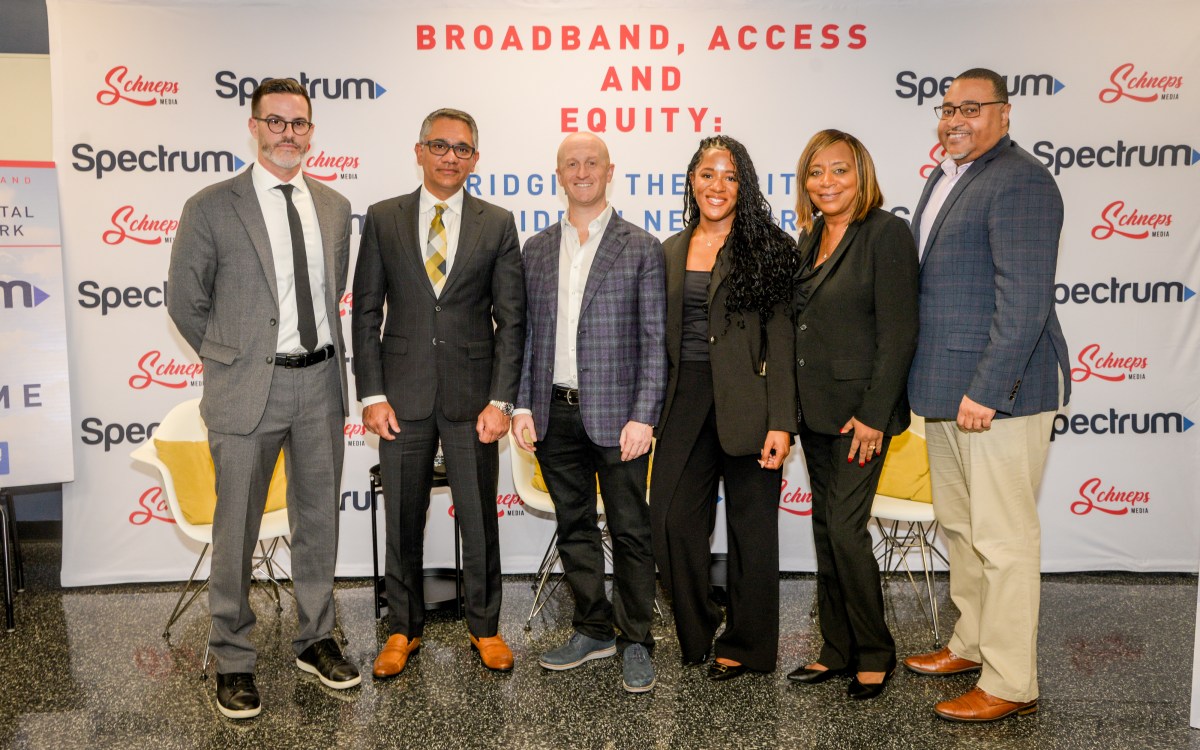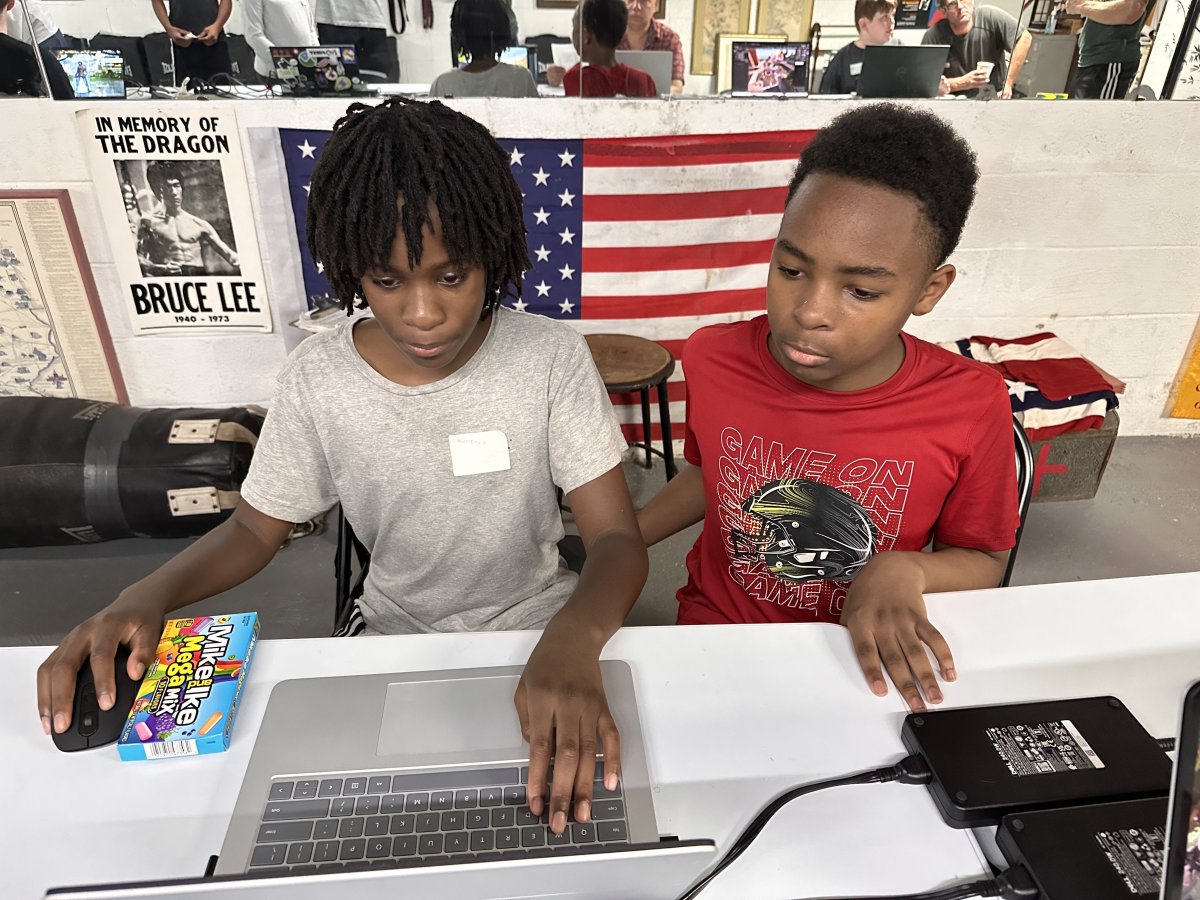RIO DE JANEIRO (AP) — A crusading Brazilian Supreme Court justice has included Elon Musk as a target in an ongoing investigation over the dissemination of fake news, and has opened a separate investigation into the U.S. business executive for alleged obstruction.
In his decision, Justice Alexandre de Moraes noted that Musk on Saturday began waging a public “disinformation campaign” regarding the top court’s actions, and that Musk continued the following day — most notably with comments that his social media company X would cease to comply with the court’s orders to block certain accounts.
Musk, the CEO of Tesla and SpaceX who took over Twitter in late 2022, accused de Moraes of suppressing free speech and violating Brazil’s constitution, and noted on X that users could seek to bypass any shutdown of the social media platform by using VPNs, or virtual private networks.
Musk will be investigated for alleged intentional criminal instrumentalization of X as part of an investigation into a network of people known as digital militias who allegedly spread defamatory fake news and threats against Supreme Court justices, according to the text of the decision. The new investigation will look into whether Musk engaged in obstruction, criminal organization and incitement.
“The flagrant conduct of obstruction of Brazilian justice, incitement of crime, the public threat of disobedience of court orders and future lack of cooperation from the platform are facts that disrespect the sovereignty of Brazil,” de Moraes wrote Sunday.
X’s press office did not reply to a request for comment from The Associated Press, and Musk hadn’t publicly commented as of Monday morning, apart from brief posts on X.
Brazil’s political right has long characterized de Moraes as overstepping his bounds to clamp down on free speech and engage in political persecution. In the digital militias investigation, lawmakers from former President Jair Bolsonaro’s circle have been imprisoned and his supporters’ homes raided. Bolsonaro himself became a target of the investigation in 2021.
The justice in March 2022 ordered the shutdown of messaging app Telegram nationwide on the grounds that the platform repeatedly ignored requests from Brazilian authorities, including a police request to block profiles and provide information linked to blogger Allan dos Santos, an ally of Bolsonaro’s accused of spreading falsehoods. Dos Santos’ account is one of those blocked on X in Brazil. Less than 48 hours after issuing his order in 2022, de Moraes said Telegram had complied and permitted it to resume oeprations.
De Moraes’ defenders have said his decisions, although extraordinary, are legally sound and necessary to purge social media of fake news as well as extinguish threats to Brazilian democracy — notoriously underscored by the Jan. 8, 2023, uprising in Brazil’s capital that resembled the Jan. 6, 2021 insurrection in the U.S. Capitol.
“Judicial decisions can be subject to appeal, but never to deliberate non-compliance,” Luís Roberto Barroso, the Supreme Court’s chief justice, said in a statement Monday.
On Saturday, Musk — a self-declared free speech absolutist — said on X that the platform would lift all restrictions on blocked accounts and predicted that the move was likely to dry up revenue in Brazil and force the company to shutter its local office.
“But principles matter more than profit,” he wrote.
Brazil is an important market for social media companies. About 40 million Brazilians, or about 18% of the population, access X at least once per month, according to the market research group Emarketer.
Musk later instructed users in Brazil to download a VPN to retain access if X was shut down and wrote that X would publish all of de Moraes’ demands, claiming they violate Brazilian law.
“These are the most draconian demands of any country on Earth!” he later wrote.
Brazil’s constitution was drafted after the 1964-1985 military dictatorship and contains a long list of aspirational goals and prohibitions against specific crimes such as racism and, more recently, homophobia. But freedom of speech is not absolute.
Musk had not published de Moraes’ demands as of Monday morning and prominent blocked accounts remained so, indicating X had yet to act based on Musk’s previous pledges.
Moraes’ decision warned against doing so, saying each blocked account that X eventually reactivates will entail a fine of 100,000 reais ($20,000) per day, and that those responsible will be held legally to account for disobeying a court order.
“Including Elon Musk in the digital militias investigation is one thing. Blocking X is another. With this, Moraes is making a nod, saying that he didn’t remain inert amid provocations from Elon Musk,” Carlos Affonso, director of Rio de Janeiro-based think tank Institute for Technology and Society, said by phone from Washington. “It is a warning shot so that lines aren’t crossed.”
Affonso, a professor of civil rights at the State University of Rio de Janeiro, on Monday was attending a symposium at Georgetown Law School about Brazil’s business climate and legislation, and that the implications of Moraes’ decision for Musk and X were “the talk of the town.” Affonso also wondered what the brewing spat might mean for Musk’s Starlink satellites that provide internet service to remote Brazilian regions like the Amazon rainforest and Pantanal wetlands.
Bolsonaro — who bestowed Musk with a prestigious medal when he visited Brazil in 2022 — was among those encouraging Musk to follow through with his promises to publish documents, saying they would reveal how the top electoral court was pressured to interfere in the 2022 election that he lost. Bolsonaro has often made such claims, without any evidence.
“Our freedom today is largely in his hands,” Bolsonaro said about Musk in a live broadcast on social media Sunday night. “The action he’s taking, what he’s been saying and he hasn’t been intimidated and has said that he’s going to put forward this idea of fighting for freedom for our country. That’s good.”
The lower house lawmaker who is in charge of handling a bill that aims to establish rules for social media platforms said on X that the episode underscored the urgency of bringing the proposal to a vote. It was approved by the Senate in 2020. Brazil’s attorney general on Saturday night had already voiced his support for regulation.
“We cannot live in a society in which billionaires domiciled abroad have control of social networks and put themselves in a position to violate the rule of law, failing to comply with court orders and threatening our authorities. Social peace is non-negotiable,” Jorge Messias wrote on X.
And President Luiz Inácio Lula da Silva’s minister of institutional relations, Alexandre Padilha, wrote Monday on X that the administration will support the Supreme Court and its probes, and work with Congress and civil society to build a regulatory framework.
Sá Pessoa reported from Sao Paulo. AP videojournalist Tatiana Pollastri contributed.























